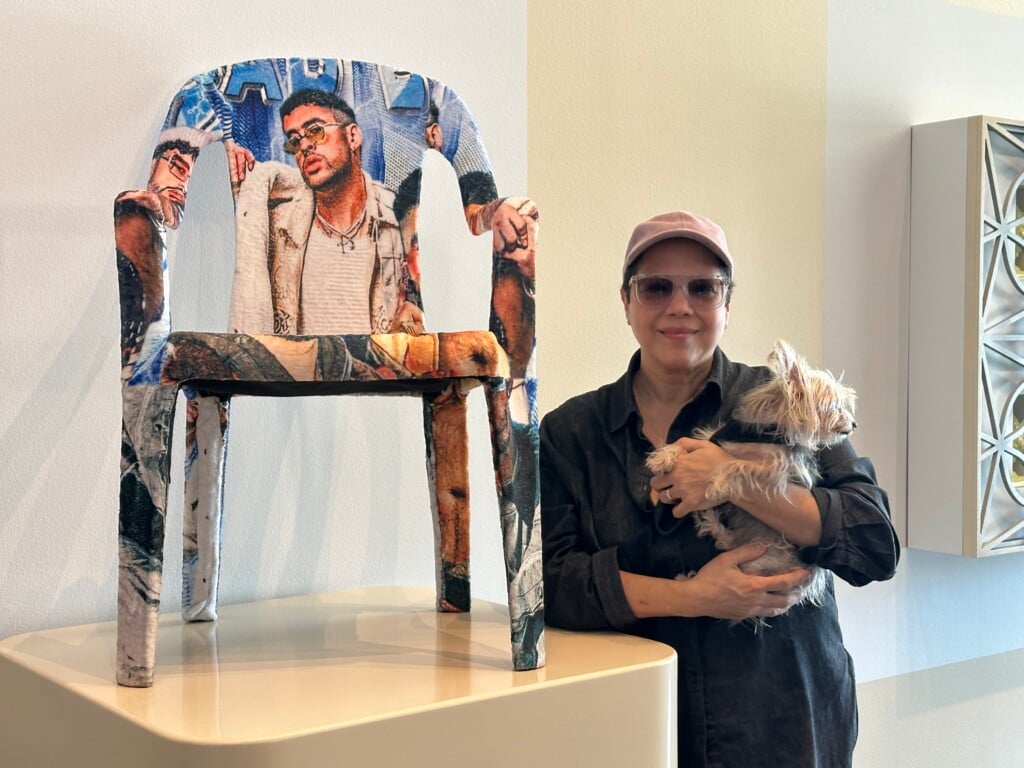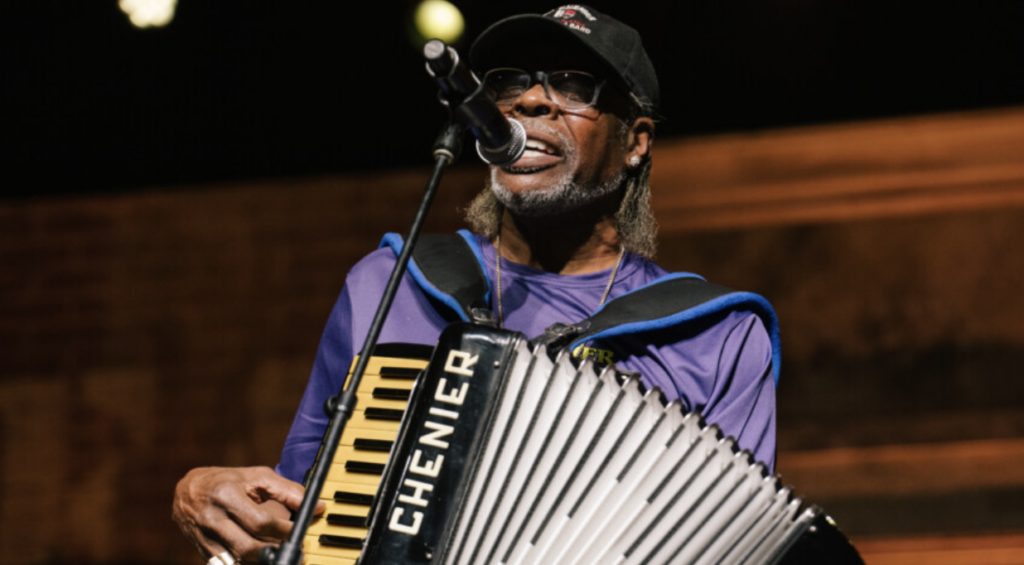The Midway and I-70 drive-ins struggle to survive the digital conversion

I believe that by the end of the year, we will only have 100 drive-ins left,” says Tamara Maichel of Osawatomie, Kansas.
Maichel would know. She’s leading an effort to save Miami County’s Midway Drive-in, which could close if the theater doesn’t raise $100,000 to upgrade its projector.
About 400 drive-ins are still in operation, but only 32 have converted to digital projection, according to Project Drive-In, an effort by carmaker Honda to save the theaters. The conversion is crucial. Next year, Hollywood studios plan to cease production of 35 mm movie prints.
It’s easy to understand why. Digital hard drives weigh less than a pound. Even in a 4-pound case, the drives ship much cheaper than 50- or 60-pound prints. The problem facing drive-in theaters is that converting to digital isn’t cheap.
Running only during summer weekends — Midwestern winters are too harsh for outdoor moviegoing — makes paying for the new equipment cost-prohibitive for operations such as the Midway. Even in states like California, where theaters can run year-round, profitability is far from certain.
TV writer Steve Pepoon, a KC native who grew up in Paola, Kansas, tells The Pitch that one of his first jobs in Los Angeles was managing drive-in theaters.
“Sadly, most of those drive-ins are now gone — the land got too valuable,” Pepoon writes in a Facebook message. Pepoon wrote an Emmy-winning script for The Simpsons, “Homer vs. Lisa and the Eighth Commandment,” in 1991; co-created The Wild Thornberrys; and penned episodes of Roseanne, Get a Life and It’s Garry Shandling’s Show. “Now condos sit where I used to chase down people who dared to sneak into my theatre.”
The transition to digital also comes as another uniquely local enterprise ends. For several years, Kansas City, Kansas’ SPECO was the only company in the world that made speakers for drive-in theaters. Two months ago, Detroit Diecast bought out the operation.
SPECO had been selling speakers since 1948; the company later manufactured its own models. Jaren W. Higginbotham says his company made speakers because he, like drive-in customers, loved the experience. But it wasn’t a profitable venture.
“Our internal numbers told us we should shut the line down,” Higginbotham says. “But if we did that, none of the drive-ins would have anywhere to go for the equipment. We sold basically at cost or cost plus 2 percent.”
SPECO’s loyalty was rewarded by theaters ditching their speakers and converting to AM and FM broadcasts.
“But the experience isn’t about listening to it on your car radio,” Higginbotham says. “It’s about hanging out with friends or taking up an entire row and hearing the music through the drive-in speakers. We had several customers that, when they put in their AM or FM broadcast equipment, razed all their speakers because they didn’t think they needed them anymore. Some of them went out of business. Some of them bit the bullet and bought another 800 speakers and put them all back in, because the customers wanted the drive-in-speaker experience.”
The Midway has faced make-or-break situations since opening in 1953. In the 1970s, a tornado tore down the theater’s screen as a giant ape scaled the the World Trade Center with Jessica Lange in hand. As the screen was being repaired, the marquee read, “King Kong Did It.”
Maichel argues that the Midway is more than just a nostalgia trip.
“People go there because it’s affordable,” Maichel says. (The Midway charges $7 for a double feature.) “It keeps teenagers off the streets, and it gives kids a safe atmosphere to be at. It passes down from generation to generation to generation.
Maichel says some families tailgate at the theater. They shop at the local groceries and fill up their tanks in town. “We have people who stop in from Topeka, and they spend their money here,” she says. “You’re talking about 240 cars a night.”
Pepoon, who has returned to Miami County, hasn’t forgotten the experience of seeing films at the Midway.
“I remember seeing Silent Running and being kind of blown away, how they made the small droids so lifelike,” he writes. “Later, I found out there were [bilateral amputees] inside the costumes. That was creative, outside-the-box thinking, something I strive to do with my writing. Something unexpected.”
The Midway has sentimental value to Pepoon for other reasons.
“The first time I kissed my wife was after a date at the Midway,” he says. “This was four years ago.”
It’s hard to imagine that sort of romance blooming from streaming video on an iPad.
Like the movie heroes they feature, drive-ins shouldn’t be written off. Honda is rallying fans with the Project Drive-In campaign, asking people to spread the word about the crisis and vote for their favorite theaters. The Midway and Kansas City’s I-70 Drive-In are among 81 drive-ins competing to win one of five projectors (projectdrivein.com).
Daryl Smith, owner of the four-screen I-70 Drive-In, says Honda’s contest could be a lifeline. Next year marks the I-70’s 50th anniversary, and its concession stand is already selling T-shirts to raise money to keep the screens from going dark.
“We just don’t have $300,000,” Smith says. “We’d love to have one of our four projectors taken care of. That would be a tremendous help.”
The deadline is looming. Project Drive-In’s contest ends September 9, and fans of both drive-ins can vote once a day.
Maichel calls the prospect of winning a projector a “dream come true,” but she and other Midway fans aren’t leaving the drive-in’s future to chance. Supporters are selling T-shirts and ice cream outside the concession stand and running a Facebook campaign with several fundraisers scheduled.
One drive-in that has successfully made the digital transition is KCK’s Boulevard, which has seen crowds grow since the conversion. Wes Neal, whose family has owned and operated the drive-in since 1953, says his family has had to be creative to stay in business. He attributes Boulevard’s survival to the Swap & Shop flea market.
“The Swap & Shop, which I started in ’75, blossomed enough to keep us going,” Neal says. “Maybe we would not have been here if it was not for the Swap & Shop, because in the ’90s it was so expensive.”
Boulevard celebrated the 80th anniversary of the creation of the first drive-in on June 3. In Boulevard’s box office, Neal keeps a list pinned to a wall of local drive-ins that have folded, as a reminder.




